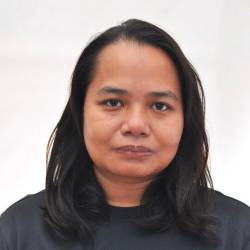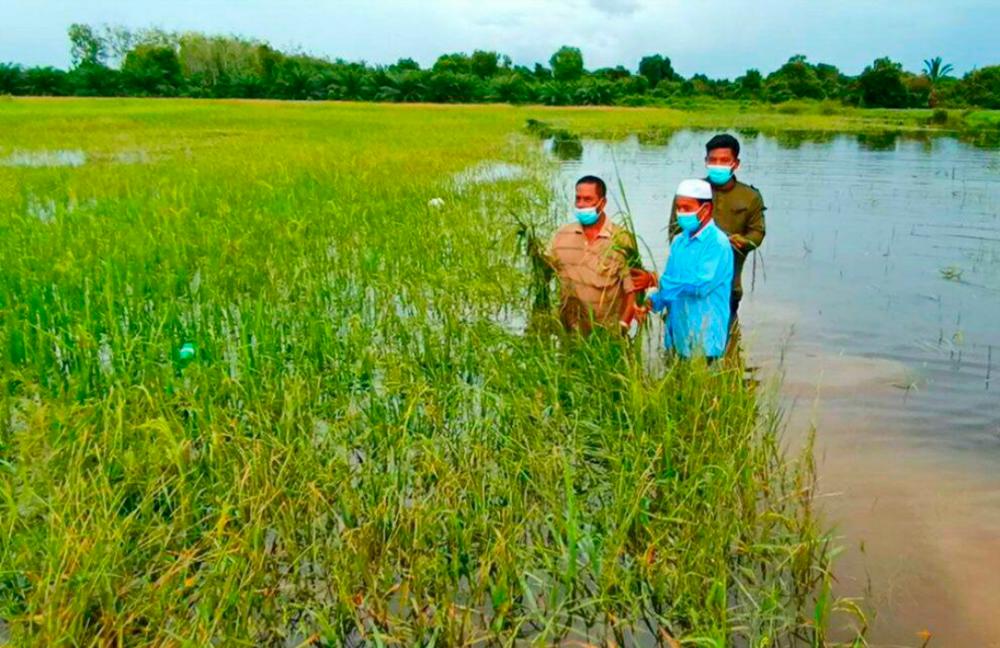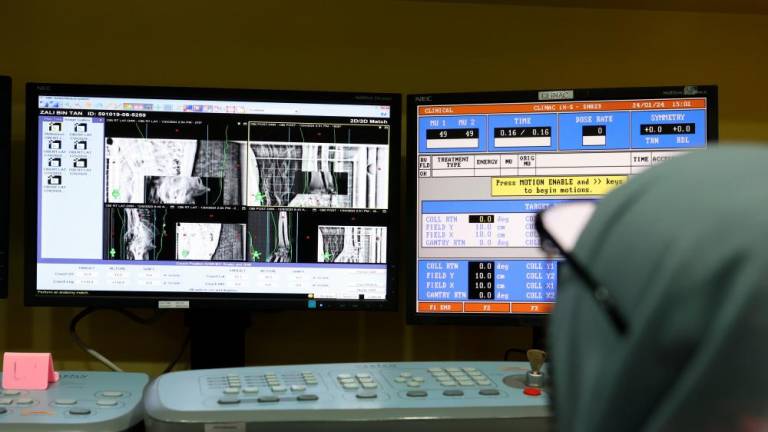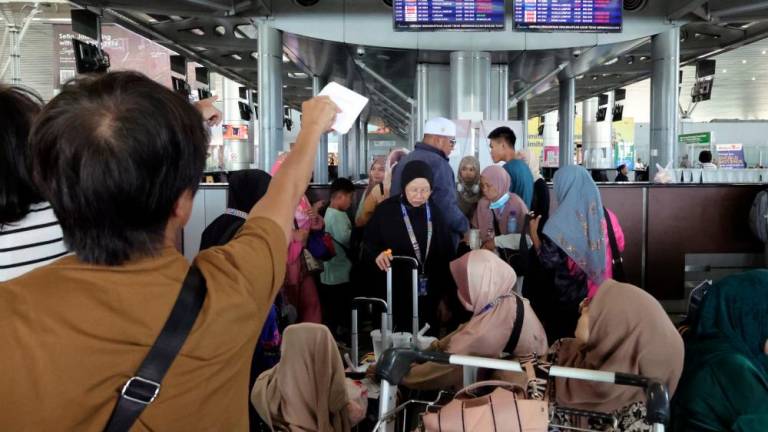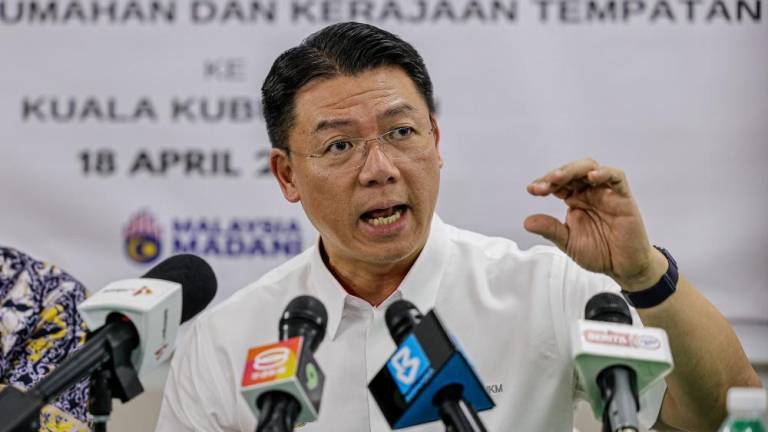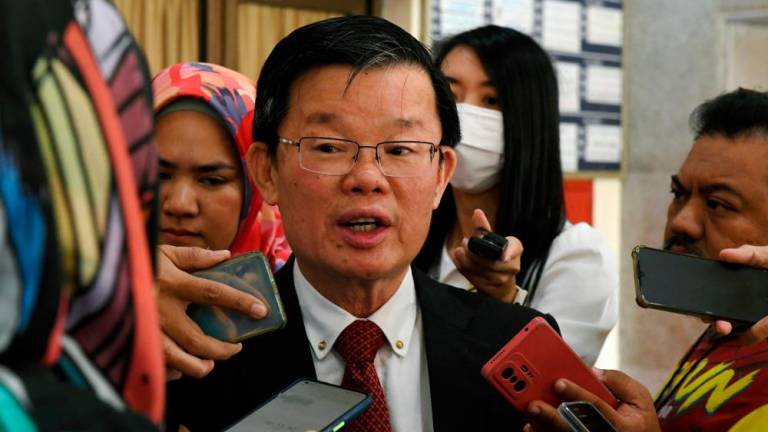PETALING JAYA: Malaysia’s ability to ensure food security through its homegrown agriculture sector is getting bleaker by the day, no thanks to the country’s serious water pollution, which has put the agriculture sector at “severe risk”, said think-tank Emir Research president and CEO Datuk Dr Rais Hussin.
He said the country’s agricultural water risk is rated at 5, which is the highest level.
This score indicates serious water pollution, and is well above the world average risk score of 3.3, according to the Global Food Security Index 2021.
“Malaysia’s score critically impacts our ability to produce food through the local agriculture sector because 70% of the country’s water resources are for agriculture. In short, our ability to produce food through our agriculture sector is facing severe risk.”
Rais said strong political will was required to ensure our vulnerability to external forces is mitigated.
“We should not only aim to be self-sufficient in the areas where we’re lacking, but also in critical commodities such as chicken feed, where our poultry farmers have been badly affected due to supply chain issues, and cost-push inflation, which is caused by an increase in prices of labour, raw materials and others,” he told theSun.
He said this was in addition to our dependence on food imports, which in 2020 amounted to a record RM55.5 billion to meet consumer needs and demands, according to the Statistics Department.
Rais was commenting on how the country could improve food security, given that the inflation rate in March was at 2.2%, while food inflation was at 4%.
He proposed that the government designate a special agricultural zone in every state as an “anchor” food production park that integrates farming and breeding to build a food security net for Malaysians.
“The park would allow each state to specialise in the farming of certain vegetables and fruits to further boost our self-sufficiency levels so that there is a sufficient buffer for exports to ensure adequate domestic supply and reduce net imports.”
Rais said having a circular economy would help to deploy technology to recycle waste water into potable and treated water like in Singapore.
“Additionally, we need to harness technology to convert saline water into potable water like in Singapore and pass legislation to protect and conserve water catchment areas to ensure they are not converted for development purposes.
“This would contribute to ensuring cleaner water.”
He said Malaysia’s agro-food supply chain could include promoting contract farming and smart precision farming, or agri-technology, which involves the use of the Internet of Things and automation to control and monitor farming processes – from fertigation to pesticide spraying and harvesting.
“Agri-technology would ensure input costs are more efficient and effectively applied, while simultaneously boosting yields,” he said.
Meanwhile, economist Tan Sri Ramon Navaratnam recently said a rigorous agriculture-based policy was essential to provide new subsidies to farmers to ensure the country does not fall behind in food security.
“We need to refocus on policies that are agriculture-driven since we have neglected them and focused on the manufacturing industry.
“The introduction of approved permits (that has since been abolished) made the situation worse, and giving food production contracts to non-performers aggravated matters,” said Ramon.



